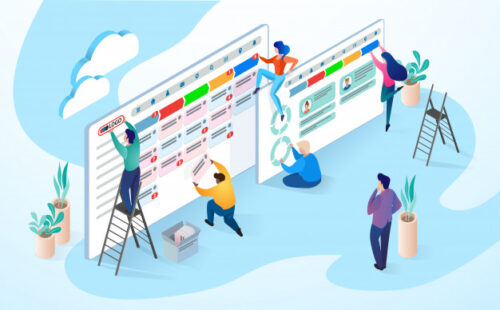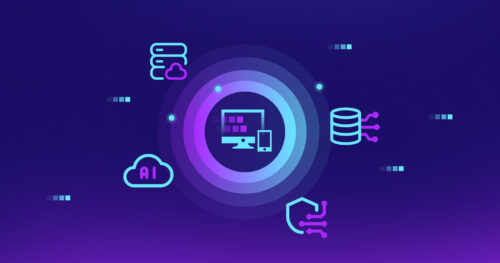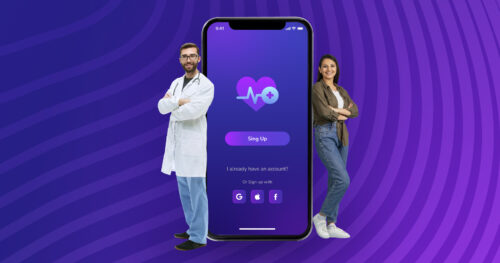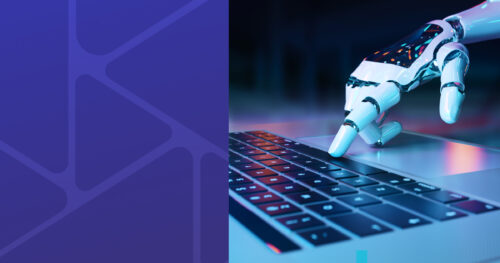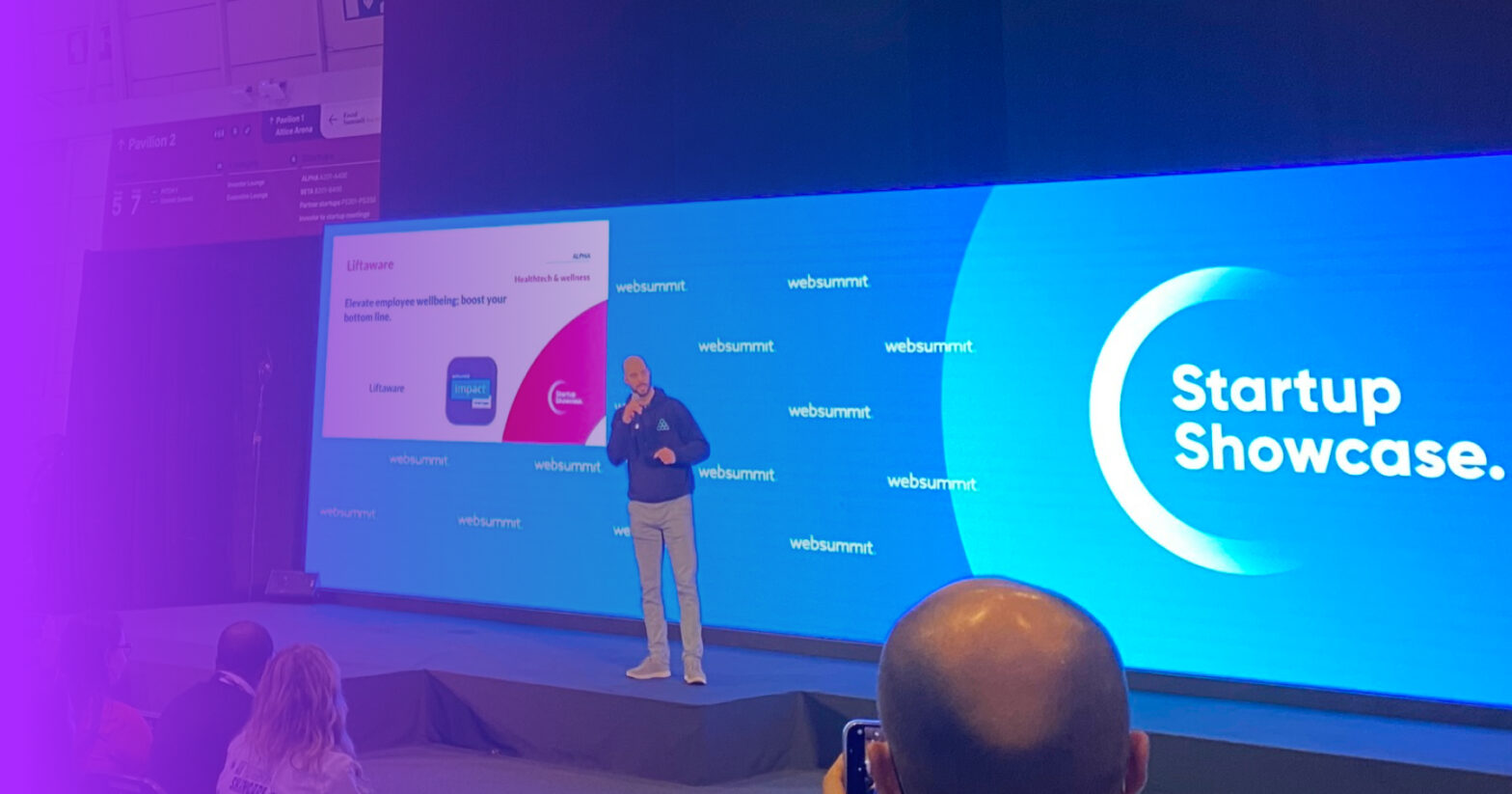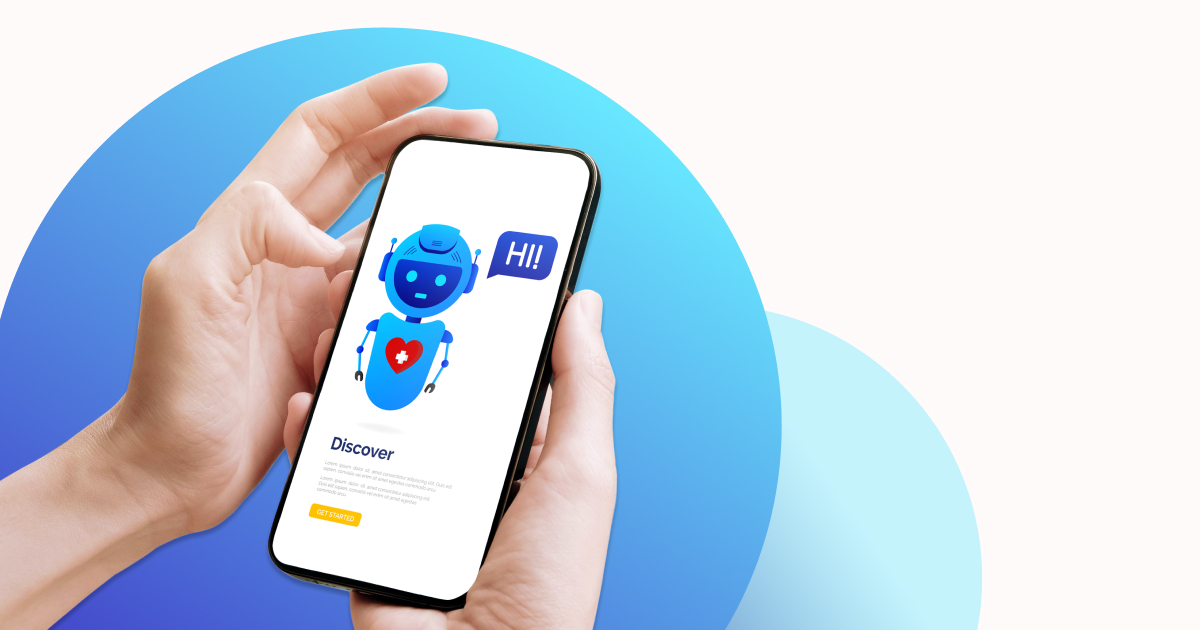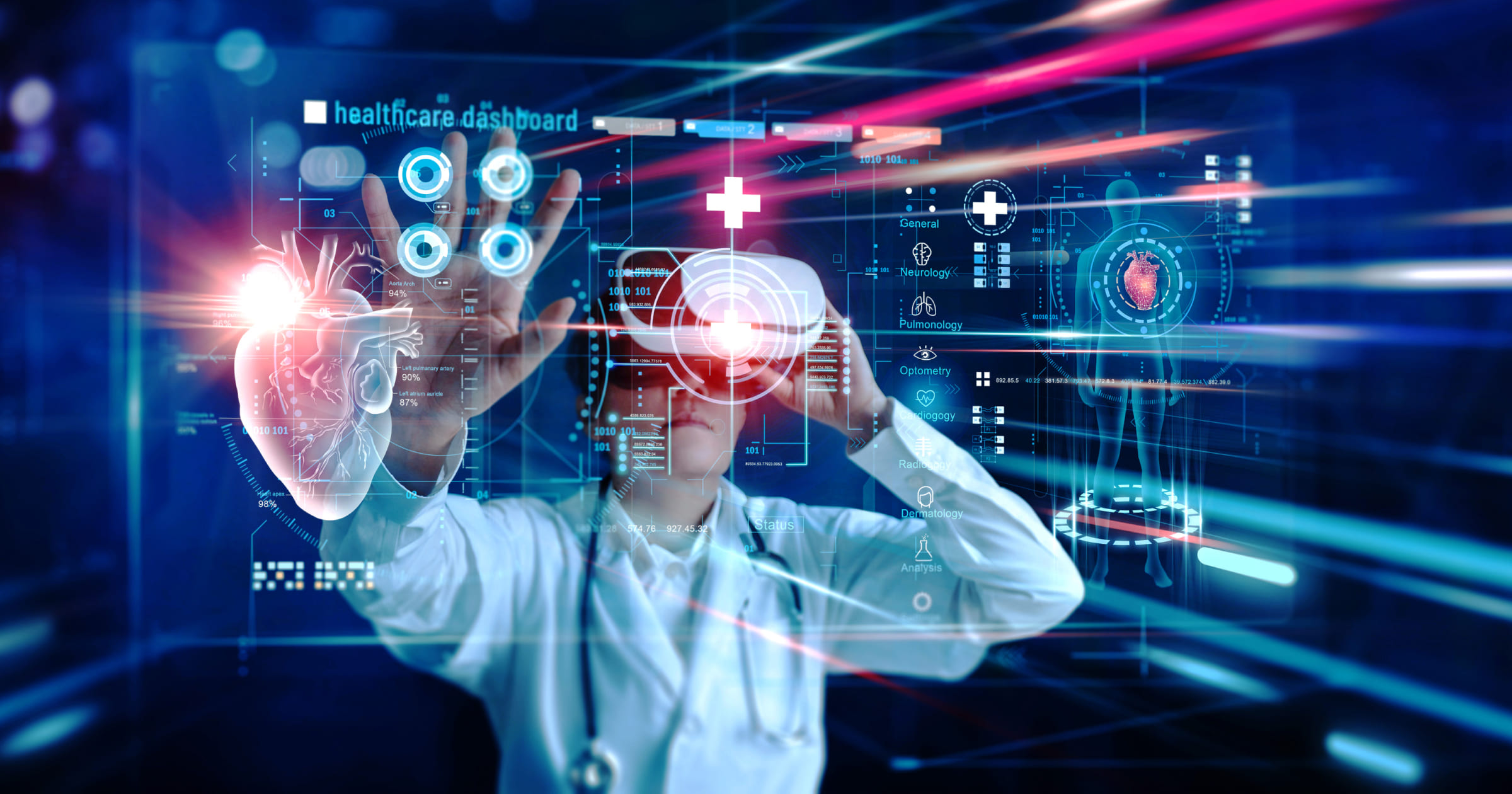Medical technology is experiencing a transformative phase with innovative solutions promising to revolutionize healthcare delivery. From wearable technologies to AI applications, MedTech is shaping the future of medicine. DigitalMara CMO Ksenia Repina attended a cross-section of MedTech events during Web Summit 2023 in Lisbon and collected the hottest news and trends from the industry for 2024, which we’re sharing with you right from the scene.

Disease-prevention revolution
In the ever-evolving landscape of healthcare, a paradigm shift is underway. Today, the focus is not just on curing ailments but on preventing them altogether. With a wealth of information at our fingertips, protocols for preventing disease and identifying predispositions are gaining prominence.
Early disease detection empowered by AI
The healthcare market is witnessing a surge in innovative technologies geared towards proactive health management. Artificial Intelligence in healthcare is taking the leading position here, enabling healthcare professionals to identify potential health issues at their earliest stages. AI-driven solutions can be used with medical imaging—X-rays, MRIs, and CT scans—to identify abnormalities such as cancer; for analyzing data generated by wearables and detecting deviations from the baseline; for early detection of neurological disorders, including Alzheimer’s and Parkinson disease, by analyzing changes in speech patterns, gait, or other behavioral markers.
Solutions tailored to specific diseases
We can see a paradigm shift happening from one-size-fits-all interventions to precision medicine, meaning the development of tailored solutions to address specific medical conditions. Disease-specific apps and platforms provide individuals with resources, information, and tools tailored to their condition. These solutions facilitate continuous remote patient monitoring and personalized medicine. Disease-specific wearables address unique monitoring needs, for example for diabetes management by continuously monitoring glucose levels and providing real-time insights. AI algorithms can be used to analyze vast datasets to identify patterns and give personal recommendations. For instance, technology is empowering parents to better understand and support children with specific needs and fostering communities around diseases like epilepsy.
An example of patient-centric technology is the Knowlepsy AI startup. It combines IoT in healthcare with AI, offering a solution for people with epilepsy that can help detect the likelihood of a seizure. This non-invasive solution is designed to track and map vital signs and connects the wrist-wearable device with its companion mobile app. Patients can get essential metrics, better control their lives, and share data easily with caregivers and medical professionals. Such healthcare innovations can significantly improve the patient’s quality of life.
Psychological support and testing
Recognizing the integral role of mental health in overall well-being, MedTech is increasingly integrating psychological support and testing into its offerings. Health informatics can offer solutions ranging from stress detection to psychological telemedicine. This reflects a broader commitment to holistic healthcare that goes beyond physical ailments. Such solutions also help, for example, neurodivergent children to understand and be better coordinated in their social life.
Medical protocols automation
Emerging Technologies in Healthcare can go even deeper, transforming the basics of the classic healthcare approach. In a bid to streamline healthcare processes, there is a growing emphasis on automating medical protocols using AI technologies like Mindify offers. This not only enhances efficiency but also ensures standardized and consistent care delivery. It helps doctors make decisions on treatment faster and consider different approaches to treat their patients.

As we see, digital healthcare will be incorporated into everyday life more and more in the future. But the question of quality and proof that new cutting-edge solutions are meeting patient needs are always a concern. To attain the objectives of these new technologies, having a dependable software development partner is crucial. DigitalMara brings extensive expertise in handling large and intricate systems and is adept at addressing challenges related to system modernization and tailored software development.






